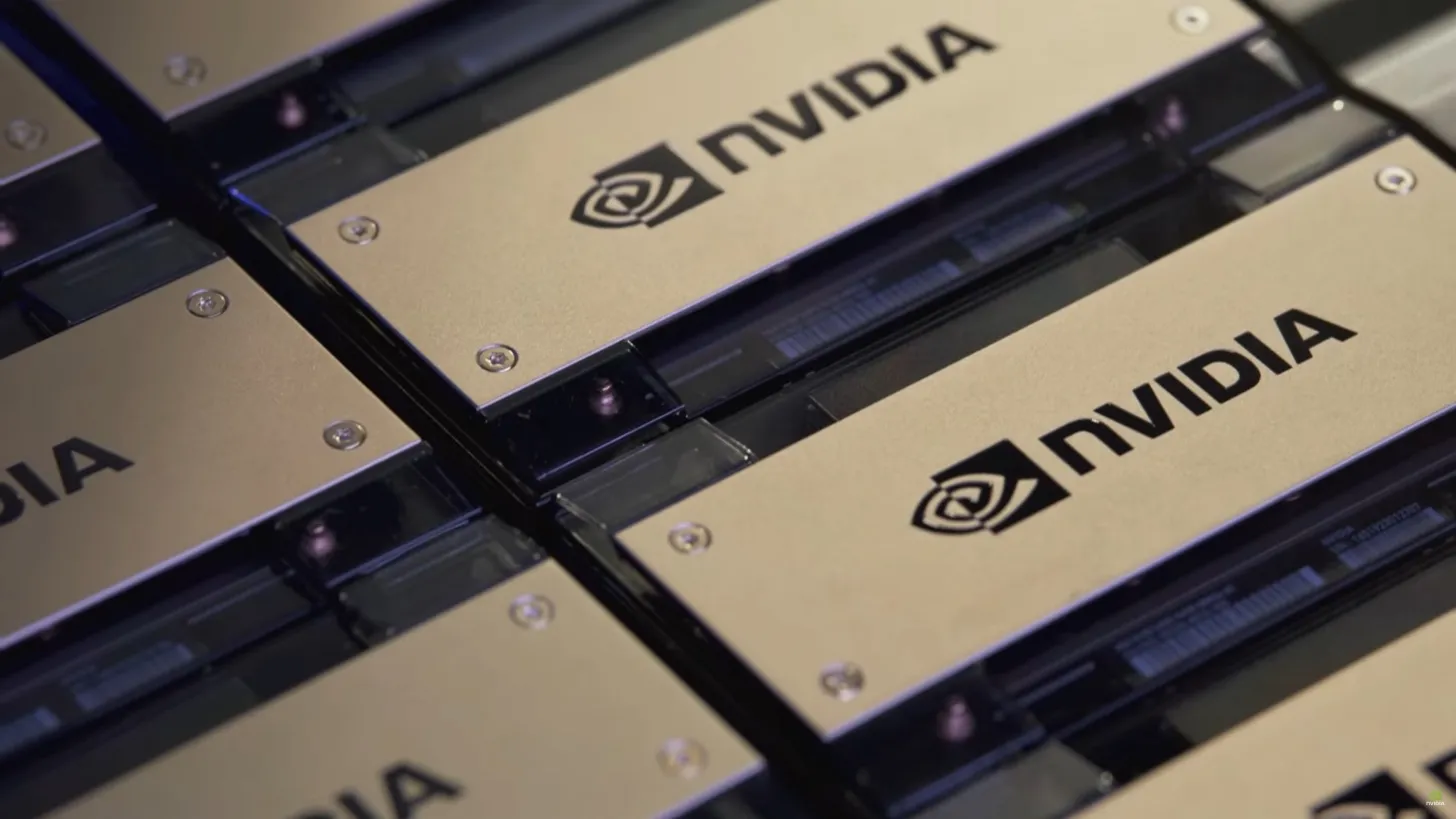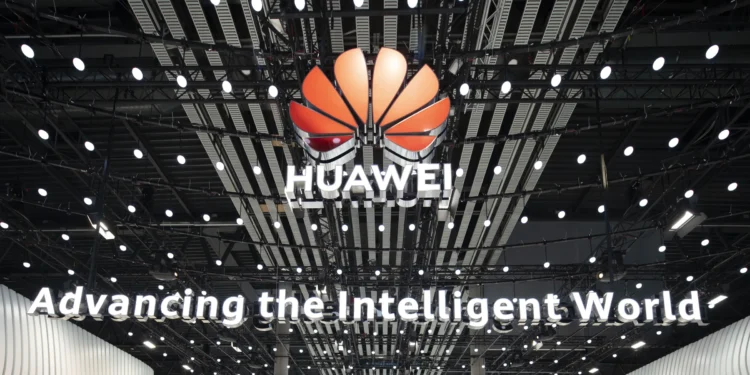In a bold move signaling China’s growing push for semiconductor self-reliance, Huawei Technologies is set to launch its new Ascend 920 artificial intelligence (AI) chips in the second half of this year. The announcement comes amidst tighter US export restrictions on Nvidia’s cutting-edge AI chips, including the H20, which were recently banned from sale to China. Huawei’s Ascend 920, an advanced AI chip built on a 6-nanometre node, could soon emerge as a serious alternative to Nvidia’s products, aiming to meet the growing demand for AI computing power in China and beyond.

Huawei Takes on Nvidia: Ascend 920 to Challenge H20
The Ascend 920 chip is expected to enter mass production in the latter half of 2024, according to reports from Taiwanese media and industry insiders. The chip, boasting a 6-nanometre process node, is positioned to rival Nvidia’s H20 AI chips, which were recently barred from export to China due to national security concerns. These restrictions on Nvidia’s chips, including the A100, H100, A800, and H800 models, have prompted China to accelerate its efforts to develop its own AI hardware, making Huawei’s chips a key player in the country’s strategy for technological self-sufficiency.

Huawei’s Ascend chips have long been touted as potential alternatives to Nvidia’s industry-leading AI processors. The Ascend 920, with its improved architecture and performance, is poised to support a wide range of AI applications, including machine learning, data processing, and AI model training. As Huawei takes further strides in AI chip development, it could challenge Nvidia’s dominance in the Chinese market and other regions.
Huawei’s Growing AI Chip Portfolio: From Ascend 910C to Ascend 920
In addition to the Ascend 920, Huawei is also ramping up production of its Ascend 910C graphics processing unit (GPU), part of the Ascend 910 series, which is expected to enter mass production as soon as next month. The Ascend 910B and 910C chips are designed for AI tasks that require high computational power, further bolstering Huawei’s portfolio in the rapidly growing AI market. These chips are expected to compete directly with Nvidia’s offerings in data centers and AI-driven applications.

Despite rumors earlier this year that the Ascend 920 chips had already been unveiled at Huawei’s cloud ecosystem conference, a representative from the company denied the claims, providing no official details on the timeline for the chip’s mass production. Nonetheless, the industry is closely watching the rollout of these AI chips, which are seen as a critical component in China’s efforts to reduce reliance on foreign technology.
Huawei’s CloudMatrix 384 Supernode: A New Era for AI Infrastructure
At Huawei’s annual corporate event in April 2024, the company revealed a new AI infrastructure architecture designed to address computing bottlenecks for AI data centers. The CloudMatrix 384 Supernode, equipped with Ascend chips, is being touted as a “nuclear-level product” that could rival Nvidia’s NVL72 system. This new infrastructure is specifically engineered to alleviate the challenges faced by AI data centers as they strive to handle increasingly complex AI workloads.
According to Chinese media reports, the CloudMatrix 384 Supernode’s deployment of Ascend chips marks a significant step forward for Huawei, allowing the company to challenge Nvidia’s AI solutions in large-scale computing environments. The move further positions Huawei as a formidable player in the global AI hardware market, with a growing ecosystem to support the use of its chips in AI computing tasks.
The Impact of US Export Restrictions on China’s AI Strategy
The US export restrictions on Nvidia’s AI chips are expected to accelerate China’s push for semiconductor independence. These restrictions have created a void in the Chinese market for advanced AI hardware, which Huawei is looking to fill with its Ascend series. The company’s efforts to develop and manufacture AI chips domestically are part of a broader strategy by China to shift its chip supply chain onshore, reducing reliance on foreign technology providers like Nvidia and Intel.

The timing of Huawei’s AI chip launch is crucial, as the Chinese government is heavily invested in developing its semiconductor industry. The country has high hopes for Huawei’s Ascend chips, which are expected to provide strong performance for AI computing tasks and come with a robust ecosystem to support their use in various applications, from machine learning to big data processing.
The Future of AI Hardware: Huawei’s Strategic Move
As the semiconductor race intensifies, Huawei’s push into AI chip production could mark a pivotal moment in China’s ongoing efforts to develop its own technological capabilities. With the launch of the Ascend 920 and its growing portfolio of AI hardware, Huawei is positioning itself as a viable alternative to Nvidia, especially in markets affected by US export restrictions.
While Huawei has not publicly disclosed where its AI chips are manufactured, reports indicate that China’s top foundry, Semiconductor Manufacturing International Corp (SMIC), is involved in the production of the company’s advanced chips. SMIC, which saw its sales in China rise to 85% of its total revenue in 2024, is playing a key role in Huawei’s semiconductor strategy as the company seeks to build a fully domestic AI chip supply chain.
As Huawei continues to develop its AI chip offerings, the company is not only challenging Nvidia’s dominance but also helping to drive China’s technological self-sufficiency in the AI space. With the Ascend 920 poised to be a key player in the AI hardware market, the future of AI chips in China is looking increasingly competitive and self-reliant.










